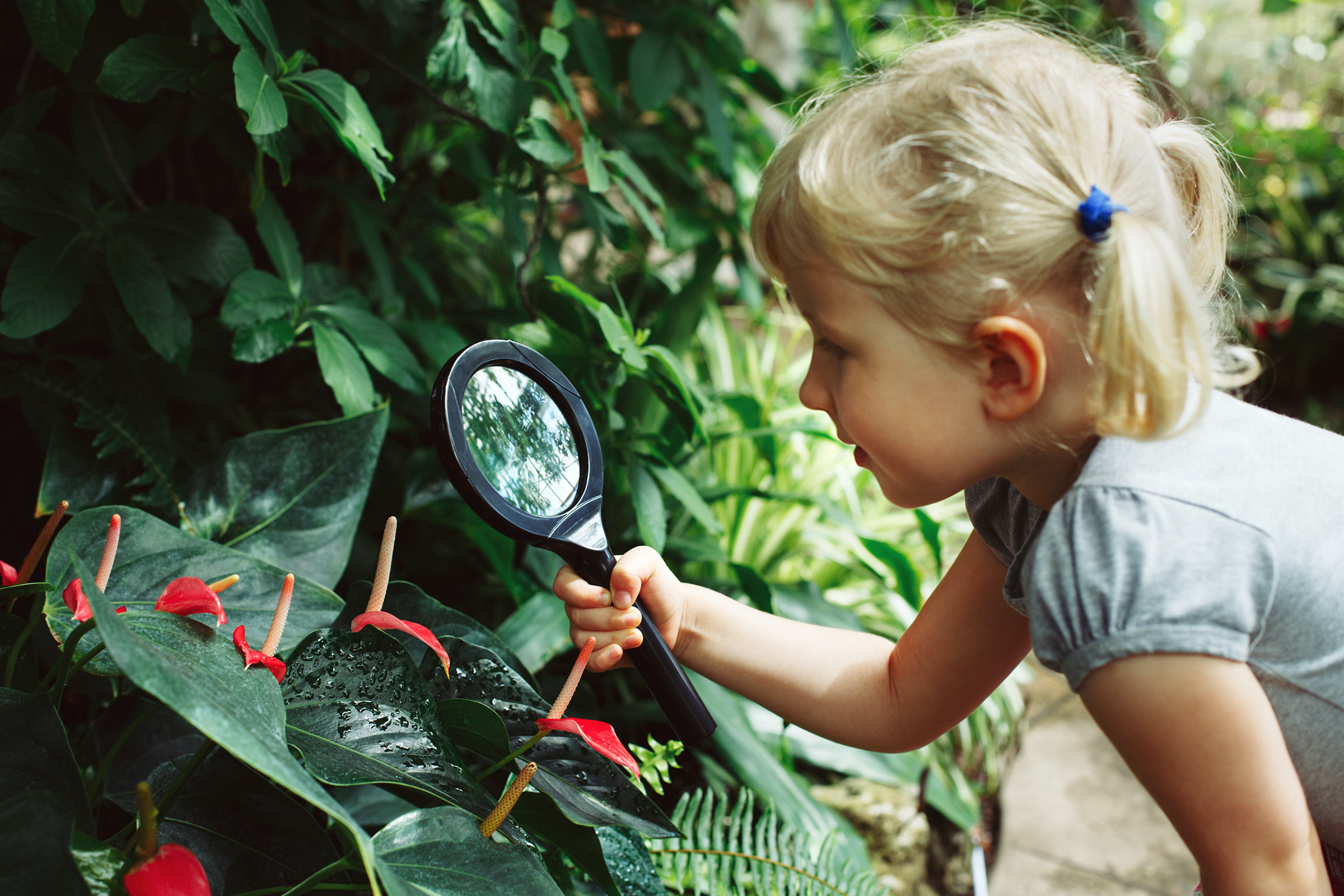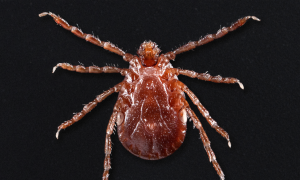Just two hours per week in nature can reduce emotional distress in children with mental health challenges, a new study has found.
About
20 percent of children and young people ages 3 to 17 have a mental, emotional, developmental, or behavioral disorder, according to the 2022 National Healthcare Quality and Disparities Report.
A Dose of Nature
The
research, published on Nov. 15 in JAMA Network Open, analyzed the effect of nature exposure on behavior and mental health.
“The idea for the project came up during the pandemic when people were worried about the health risks of children spending so much time inside the school each day,” Marie-Claude Geoffroy, an associate professor in the McGill University Department of Psychiatry in Montréal and senior study author, said in a statement. “So, I thought maybe we can have a free and accessible intervention where school children can spend time in nature, and we can measure the effects this has on their mood and behaviour.”
Thirty-three schools with 1,015 students from a variety of socioeconomic backgrounds participated in the study. Half the schools received a specific program involving 12 weeks of classes for two hours per week, while the other half did not and remained in traditional classroom settings.
The study found no significant difference in mental health symptoms between the two groups overall.
However, for children who already had higher levels of mental health issues, the intervention group showed slightly better results in reducing symptoms.
“We found that children with higher mental health symptoms at baseline showed greater reductions in symptoms following the intervention,” Geoffroy stated.
This suggests that nature-based programs may offer “targeted benefits” for children living with higher levels of mental health vulnerabilities and potentially act as an equalizer of mental health among school-age children, according to Geoffroy.
“The intervention was low-cost, well-received and posed no risks, making it a promising strategy for schools with access to greenspaces,” Tianna Loose, a post-doctoral fellow at the Université de Montréal and study first author, said in the statement.
A No-Risk Intervention
Schoolteachers in the nature intervention were instructed to conduct regular classes in subjects such as math, languages, and science while incorporating short activities to promote mental health, including drawing and mindful walking.
At the conclusion of the three-month program, teachers noted improvements in students’ behavior, particularly in those experiencing issues such as anxiety, depression, aggression, and impulsivity. Interviews revealed that children appeared more calm, relaxed, and attentive in class after their time in nature.
“Yes, spending time in nature with children can offer mental health benefits,” particularly for those with an attention-deficit/hyperactivity disorder (ADHD) diagnosis, Geoffroy told The Epoch Times.
At the broader level, research increasingly supports the idea that nature exposure can help alleviate ADHD symptoms, she said.
“Importantly, families don’t need to live in the countryside to enjoy nature,” she said. “Nature is accessible everywhere, even in cities.”
Simple activities such as walking in a local park, playing outdoors in any season, bird-watching, and cloud-gazing “can provide children with valuable moments of connection and calm,” Geoffroy said.
Geoffroy said she and her team aim to explore similar interventions for teenagers to address well-being and climate anxiety and help foster a deeper connection to nature.













